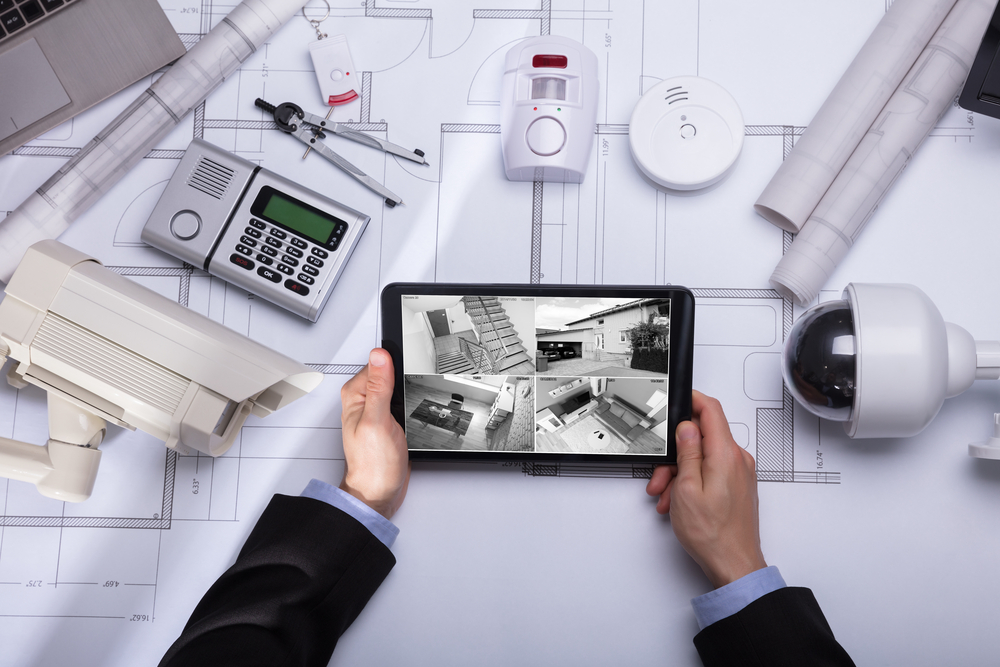You’ve probably heard that gonorrhea medication can help fight cancer. You’re probably not quite sure what that means. In this article, we’ll go over what gonorrhea symptoms mean, how you can treat the infection, and what side effects you should expect. But before we get into that, let’s talk about the gonorrhea medication itself. There are a couple of different ways that a gonorrhea medication can help you fight cancer.
Symptoms of gonorrhea
If you suspect that you might have contracted gonorrhea, you should contact your healthcare professional right away. Antibiotics are used to treat the condition, and your doctor may prescribe a pill or injection. If you have an infection, the treatment is usually complete within a week, but heavy periods can last up to two weeks. You should take antibiotics as directed by your healthcare provider, and attend follow-up appointments as directed. Infections caused by gonorrhea are difficult to treat because of antibiotic resistance.
If left untreated, gonorrhea may cause long-term complications. The infection can affect the reproductive organs, and it can spread from person to person. If you have untreated gonorrhea, you may experience joint pain, rash, or severe infections in the vagina. Some complications of gonorrhea include meningitis, inflammation of the liver capsule, and perihepatitis. Untreated, gonorrhea can also cause life-threatening complications.
A doctor may conduct a physical examination to confirm the diagnosis. You should seek medical attention if you have persistent symptoms and haven’t been sexually active in the last two weeks. Your healthcare provider may order laboratory tests to detect gonorrhea bacteria. If you’re infected, you should not drink alcohol or take any other medication containing antibiotics. If you’re infected, the doctor may prescribe antibiotics that treat your symptoms.
Treatment options
There are several types of gonorrhea medication. Most of these medications can treat the disease within two days, although they may require a week-long abstinence from sexual activity. In some cases, a single dose of an antibiotic can be effective, but you should consult with a healthcare professional to get the full course of treatment. If symptoms persist, contact your healthcare center for retesting and follow-up testing one to two weeks later. Currently, there are no vaccines to prevent gonorrhea transmission.
If you are concerned about the effectiveness of gonorrhea medication, you should consider a newer regimen. The CDC recommends taking 500 mg of intramuscular ceftriaxone. Alternative regimens are also available for rectal and urogenital gonorrhea. Both types of medication will stop the infection, but will not repair any permanent damage. The threat of AMR is growing as antimicrobial resistance continues to evolve in the world. If you suspect you may have contracted gonorrhea, you should consult with your healthcare provider.
While your doctor may recommend a medication, it’s better to consult a gynecologist before using one. Your doctor can prescribe gonorrhea medication based on the results of a urine test. A swab of the infected area can be collected and sent to a lab for identification. Alternatively, you can order a gonorrhea test kit from home and send it to your doctor. Once the test results are confirmed, you can receive an email indicating the result of your test.
Side effects
A doctor may prescribe an antibiotic to treat gonorrhea, though these medications often have side effects. Antibiotics are a treatment of last resort and should not be used in an attempt to cure gonorrhea at home. To avoid antibiotic side effects, it’s important to follow the instructions on the medication label and get regular tests to determine if the treatment is working. A medical professional will also recommend that you refrain from sexual activity until you’re sure that you’re safe to have sex.
If gonorrhea goes untreated, the disease can cause serious complications. The infection can spread to the other reproductive organs and cause infertility and tubal pregnancies, both of which are life-threatening. If left untreated, the infection can cause eye problems and damage to the heart valves and spinal cord. The infection is highly contagious and can cause repeat infections, so you should take steps to protect yourself.
When you’re first diagnosed with gonorrhea, your doctor may give you antibiotics to cure the infection. If you’re unsure of which medication is best for your case, your doctor may suggest a combination of antibiotics. For instance, a combination of ceftriaxone 250 mg intramuscular and azithromycin 1 g oral medication is usually prescribed. However, the bacteria that cause gonorrhea are becoming increasingly resistant to these antibiotics.

